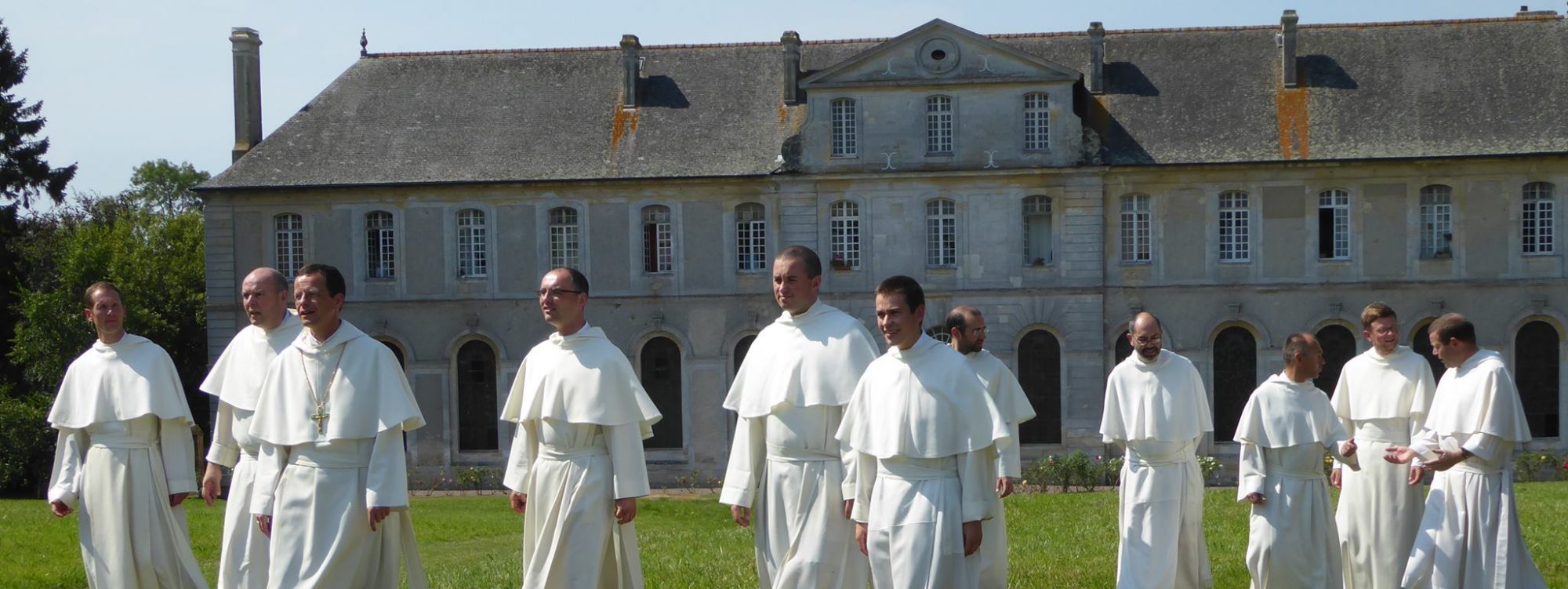Dear Brothers and Sisters,
“For I received from the Lord what I also delivered to you: that the Lord Jesus took bread on the night when He was betrayed…” (1 Cor. 11, 23)

You
do not need to be reminded of this text. You all know it by heart and have
often heard it with utmost respect and attention.
The night in which He was
betrayed, captured and brought before a fake tribunal by people who wanted Him
to die, Jesus, aware of what is to come, uses the time that remains to Him, the
circumstances in which He finds himself, his approaching certain death, to
perform an act of love so powerful that we, together with all Christians,
remember and repeat it over and over again.
The night before his suffering
and death. Breaking the bread and sharing the cup expresses the meaning of his
death on the cross, yes, of his entire life. The gesture represents God Himself
who loves this world in all its complexity.
It could have been a
completely different night. Under the spell of fear and anger. Jesus and his
disciples could have talked about the injustice of the Roman occupation, the
cruelty that ravaged the country, the narrow-minded unbelief of the religious
leaders. Jesus rightly could have blamed his disciples’ lukewarmness, their
incomprehension, their slowness and their cowardice. There was so much reason
to complain and to be angry that last evening. Deception may have been a topic
in their conversation too, but it is not what we received. It is not what
changed bread and wine. It is not that which has the power to change us.
In the circumstances of the
night before He was betrayed, Jesus transforms the customs and rituals that are
available into an act of love that shows God’s goodness and loving presence in
the world.
Breaking and sharing the
bread, sharing the wine in the cup are simple and even small gestures. Their
meaning is exceptional and weighty. Against the background of undeserved death
and in a time of injustice and menace, Jesus shows God’s love, the goodness of
his Father. In bread and wine He offers himself to his Father and to us.
The simple gesture is a
sacrament because it is the sign of the deep reality of God’s unwavering love.
Of his real Presence in our world and in our lives. Life itself, more powerful than death.
In our time too, we have
reasons to complain. Times are grim, they inspire fear, the people around us
are mediocre, even evil, and we ourselves are far from perfect. The deep sense
of the Eucharist, this sign of love that so faithfully accompanies us
throughout our life, lights up in our own lives when we, transformed by the
Blessed Sacrament, become able to love and to speak words of goodness, in the
situation in which we live and between the people who are with us. Simple deeds
and unpretentious words probably. But Jesus shows their meaning. Thus, in
Jesus’ Spirit, we let God’s goodness shine through. Thus the kingdom of God
breaks through. That is how God is with us and in the world today.
When we celebrate the
Eucharist, when we worship the Most Holy Sacrament, God’s ever-present goodness
becomes actual for us.
In many places it will be impossible this year to celebrate the Holy Triduum in the usual way. This will cause uneasiness and grief in many communities and among those who usually join us in these celebrations. Let us prayerfully meditate on the fullness of God’s love that lives in the Risen Lord. He will show us how we can reach out to many. May the bread that is changed in the sign of God’s truly present love change us more and more deeply so that his likeness may appear in us.
Jos Wouters o.praem., abbot-general

